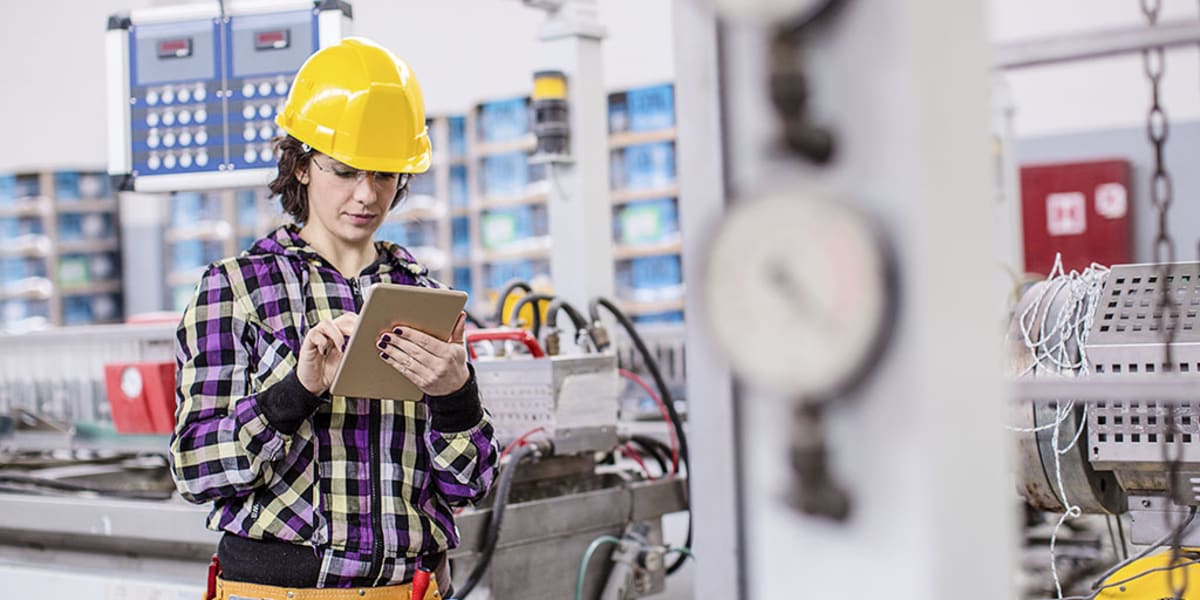Before electronics ruled the world and the cost of repair still made economic sense, people did the much more sustainable action of fixing what they could themselves or finding a fix-it person to help them out. Goods lasted longer meaning that the initial energy and materials used to manufacture them got a better return on their expenditure.
When everything from automobiles to washing machines started arriving with sophisticated electronics, fixing them went from mechanical know-how to impenetrable computer chips, often thwarting the would-be repair person. The problem was compounded by companies’ intent on keeping their customers buying replacements by sealing up their products in such a way to inhibit repair, often stating that any attempted repair would nullify warranty. Exacerbated by what many feel is “planned obsolescence” consumers often feel frustrated and trapped in what seems like an endless cycle of constantly buying new to retain functionality.
And the secondary or reuse market – where used goods can be sold – is not the robust marketplace it would be if goods could be repaired and resold, often destining electronics, for example, to being recycled when a simple repair might give a device another couple of years of use.
Consumers around the globe have been advocating for an owners’ rights to repair the goods they purchase for more than 20 years. In 2014, President Obama made it legal for owners of cell phones to “unlock them” upsetting a ruling from 2012 that made opening them a violation of copyright. In 2020, Massachusetts expanded its 2013 Right to Repair law granting small auto repair shops access to customer data previously restricted to the dealerships. In 2021, the UK passed a limited right to repair law that excludes computers and smart phones.
In California, a new Right to Repair Electronics bill was recently signed by state governor Gavin Newsom. Californians have been working for 5 years to get this bill passed. The bill passed the California Assembly and State Senate with unanimous support in September and was signed into law on October 10th.
Though tech giants have traditionally fought against the right to repair, the pressure from consumers and environmentalists seems to have won out and the tide is turning. Google has recently announced that Chromebooks will now get 10 years of automatic software updates. This is a huge win for the environment and for the reuse market. This change allows refurbishers to update and resell used Chromebooks as opposed to simply sending them to be recycled. And it’s a clear win for those who cannot afford to buy new. At the end of 2021, Apple announced “Self Service Repair” starting with iPhone 12 and 13.
It seems strange that we have to work so hard for the right to repair something we buy, but gradually it seems, sanity is prevailing. California’s law follows similar legislation in Minnesota and New York. illumynt sees this as a very positive trend because anything that can help extend the life of electronics is clearly a win.
Be sure to read my continuing blog series as I discuss all things related to sustainable electronics.




